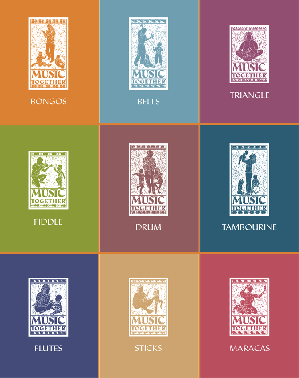Home School Families Can Go To Disney When It's NOT Crowded!
First we decided to go during a time of the year that isn't busy. Flexibility is our favorite part of homeschooling! September and early February were the logical choices. (This also means lower rates on accommodations)!Disney Youth Education Program
Next we checked out what classes were available for the kids to take. Disney is strict on having the kids in the class is that for their age. Our travel dates were set around when the class we wanted was offered.
Here are the links to find the classes:
Disney Youth Education Series (YES)
Choose the park you want (Florida or California)
Make sure you have chosen the individual enrollment option.
This page will show you a list of the classes and a description of each
If you are taking a class you book your whole trip through the YES program site. You can click here to go straight to the purchase tickets page. This page doesn't have the descriptions for each class. It is cheaper for the whole family to get tickets, even those not taking class, to buy through this option than a travel agent. To see how much it would cost your family choose a class and go through the site.
We began planning in the Fall for our trip. We booked the class as soon as it became available so we could go ahead and plan the rest of the trip.
Synergy in Science; Last Years Disney Class
Last year the girls took the Synergy in Science class at Epcot. It was awesome. The class started before the park opened, so we got in early. In the class we learned about how it takes many parts working together to make a ride work. We learned about how Spaceship Earth was made on the outside, and how the adio-anamatronics were made on the inside. We got to bypass the line and go on the ride as a part of the class. In our Classical Conversations curriculum we go through a timeline from the beginning of time to present day. Spaceship Earth is the timeline in a ride! Classical Conversations is also big on History and Geography so Epcot was an amazing school day.This year we are taking the How Things Move class in the Magic Kingdom. One parent is allowed to take the class with the kids. My husband is taking it with our daughters this year while our son and I enjoy the park together (he is too little for class). We will update on how awesome this class is after the trip.
Now that you have the links to find the YES program you can figure out the first piece to budgeting a school-cation to Disney. The next part is accommodations and food. I will post the choices we made for those in my next post.























